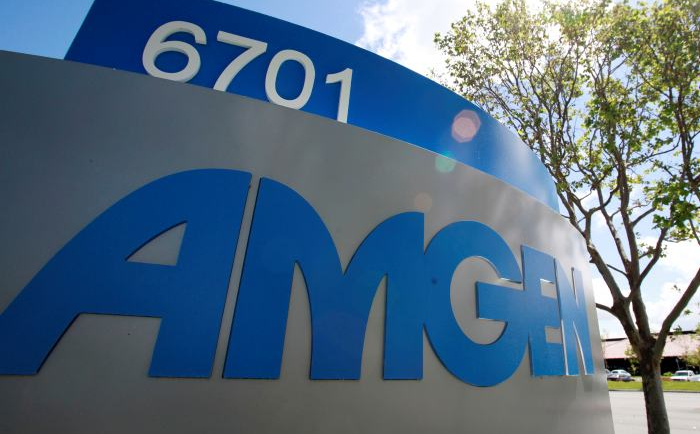eyeforpharma Philadelphia 2014
Make customer centricity work: smart pharma mindsets, models and technology that will seal commercial success
FDA Halts Sensipar Trials after Teenage Participant Dies
Earlier this week, the FDA published a press release stating that it is halting all paediatric clinical trials of the drug Sensipar. The announcement follows the death of a 14 year old patient who took part in one of the studies.

Last week, Amgen sent a letter to healthcare providers informing them of the teenager’s death and the trials' suspension. The largest biotech company in the world had been conducting clinical trials to determine the safety and efficacy of therapy in paediatric patients. Following the fatality, Ashleigh Koss, a spokeswoman for the California-based company told Bloomberg that “Amgen is working as rapidly as possible to understand the circumstances of what happened”.
Sensipar (cinacalcet) is an agent that increases the sensitivity of the parathyroid gland to calcium in the body. It is used to treat overactive parathyroid glands in people who are on long-term dialysis for kidney disease and is also used to lower calcium levels in people with cancer of the parathyroid gland. It is not currently approved for children aged younger than 18 years.
According to the press release, the FDA stresses the point that at present there is no conclusive evidence that Sensipar was responsible for the fatality, and reminds doctors that any patients currently taking Sensipar - which had sales close to $950 million in 2012 - should consistently be monitored for the development of low serum calcium levels, watching for symptoms such as muscular spasms, cramping and convulsions. Further advice from the FDA in this regard can be accessed here.
Clinical trials for children
Even in the more developed regions such as the US and Europe, children have historically been omitted from clinical trials, and the testing of relevant vaccines, drugs and other therapies has only really started to focus on children in the last decade. However, one of the enduring mantras in paediatric care is that children are not small adults and so study results from adult trials cannot be applied to them, nor can appropriate dosage or drug effectiveness be determined sufficiently.
Thanks to strict regulatory policies for approved and investigational drugs, this landscape has been tentatively changing. Pharmaceutical companies are mandated to include paediatric trials as a fundamental part of the drug development process and are obliged to make the results of such studies – regardless of success – as transparent and accessible as possible. And since data must be provided for all instances in which the drug may be used in children, including drug forms and appropriate administration measures, more sponsors have been willing to fund such projects.
Evaluations into the recent tragedy are on-going and final recommendations are yet to be released but the FDA statement stresses that they have not concluded that Sensipar caused the death in the young patient. Whatever the outcome, it is still important that the industry continues to evolve and that pharmaceutical companies increase their paediatric competency in order to encourage further trial sponsorship. Scrupulously monitored, this is perhaps the most effective way to create a safe healthcare environment for children.
eyeforpharma Philadelphia 2014
Make customer centricity work: smart pharma mindsets, models and technology that will seal commercial success
